DCAP Phase 1 Reports
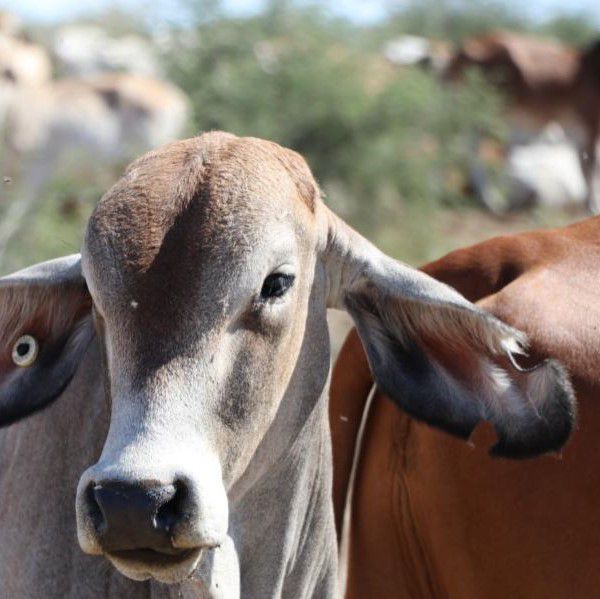
Highlights and outputs from DCAP Phase 1 Projects 2016/2017
An overview of all projects in DCAP 1
View PDF report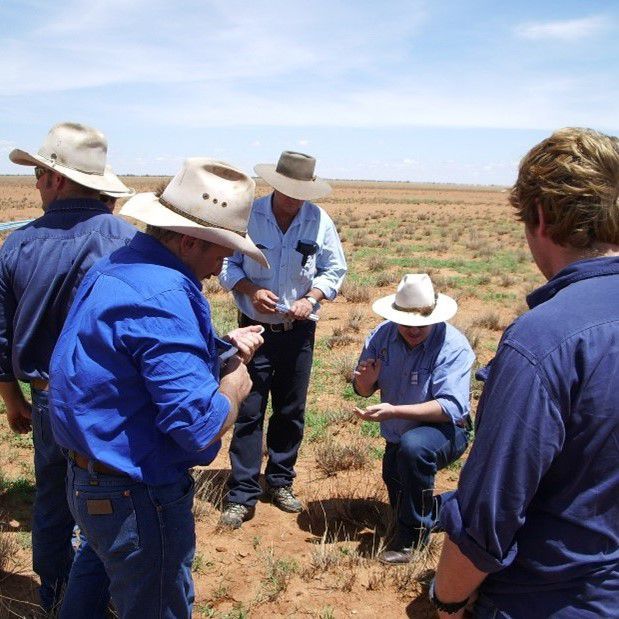
Managing for climate variability and improving drought preparedness in Queensland grazing enterprises: Rural specialists' perspectives and suggestions
This report examines those factors that limit decision making for improved drought preparedness and management in Queensland grazing enterprises. The report gains information through interviews with grazing specialists and a small group of leading graziers.
View PDF report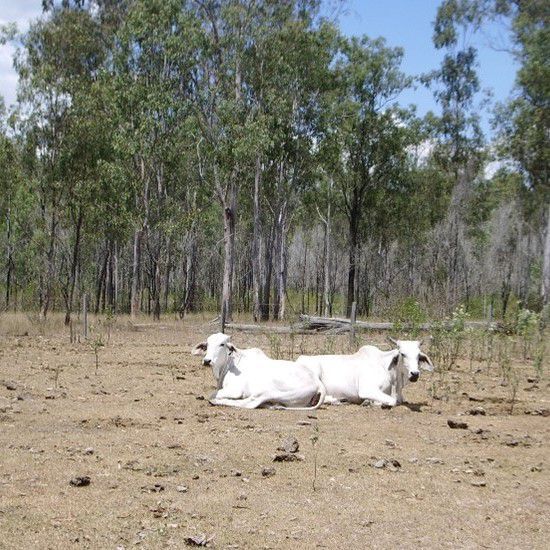
Improving seasonal climate forecasts
This project developed a prototype seasonal forecasting framework that incorporates the influence of the Quasi-Biennial Oscillation and the Southern Oscillation Index to address limitations in current seasonal forecasting.
View PDF report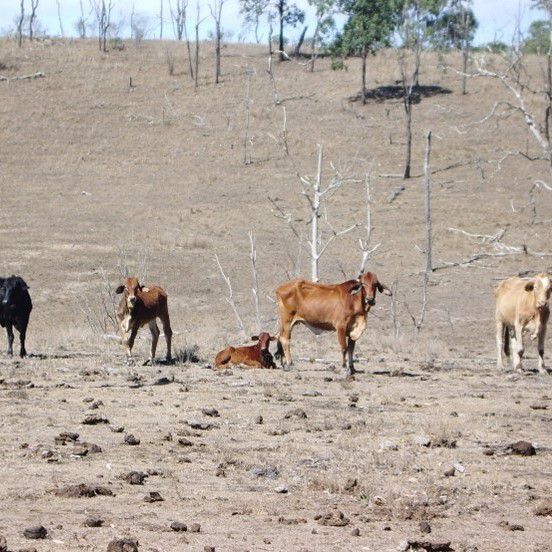
Improve the ability of forecasts to predict multi year drought- Integrate DePreSys model into decadal forecasts
High skill appears to exist many months and years into the future when utilising the UK Met Office Decadal Prediction System, known as DePreSys. Rainfall accuracy rates of 62% to 75% have been calculated, often with many years advanced lead time, suggesting an opportunity for use in strategic risk management decisions for Queensland (and potentially Australian) rural industry.
View PDF report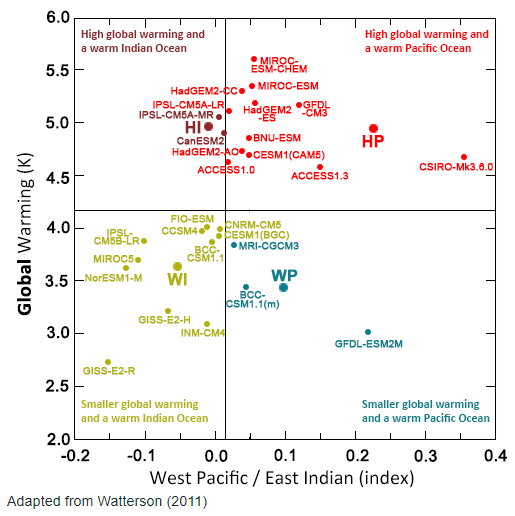
Necessary climate change projections data for quantitative agricultural risk management
The aim of this project was to provide high-resolution climate change projection daily data for Queensland in an ‘application-ready’ format to be used by common biophysical models for simulation modelling.
View PDF report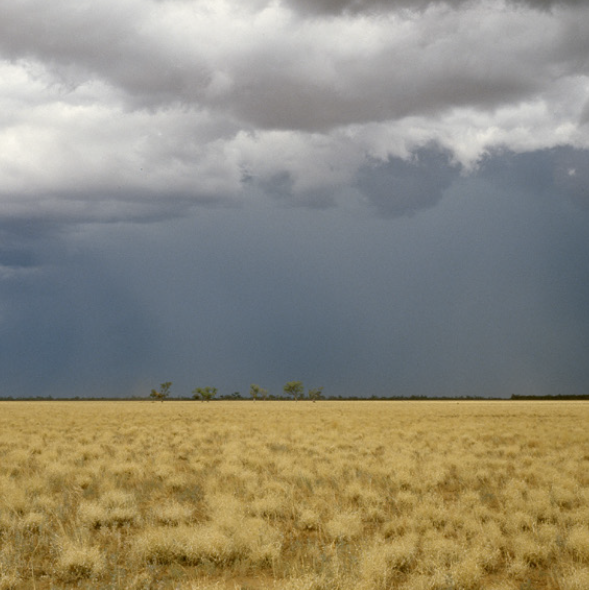
Regional Climate Change adaptation for agriculture
Climate Change Adaptation workshops were conducted in three Central Queensland locations in 2017 with a total of 44 stakeholders. These workshops assisted producers, government, industry groups and communities to understand the risks and prepare for the impacts of climate change.
View PDF report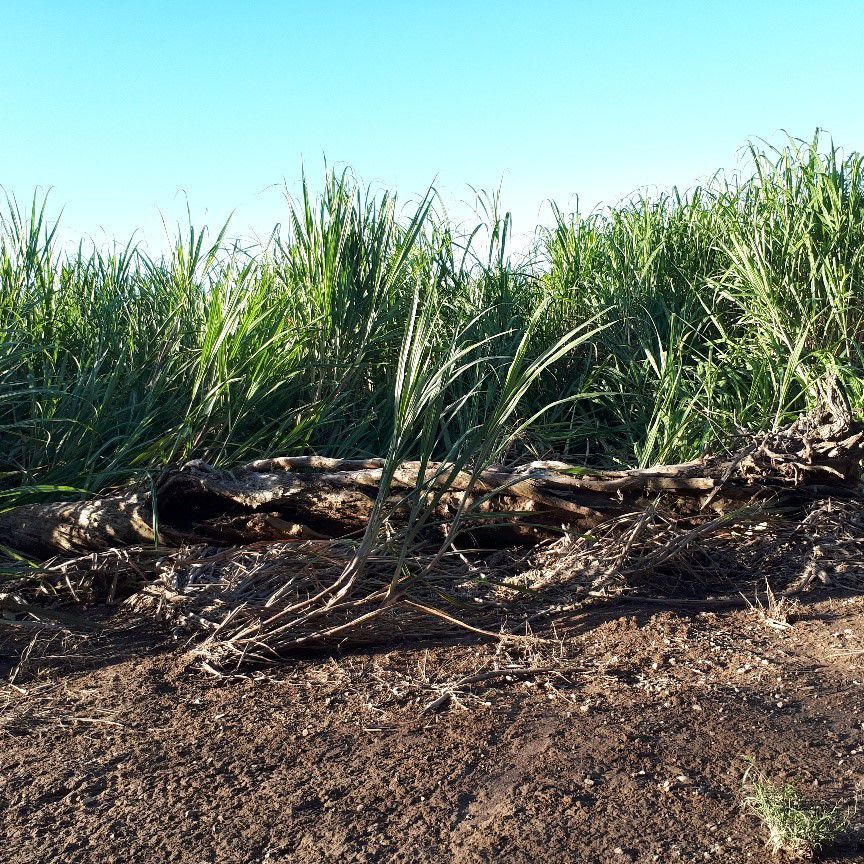
Producing Enhanced Agricultural Crop Insurance Systems
This project conducted focussed reviews on climate risk in agriculture and how insurance products could be used to address these risks.
View PDF report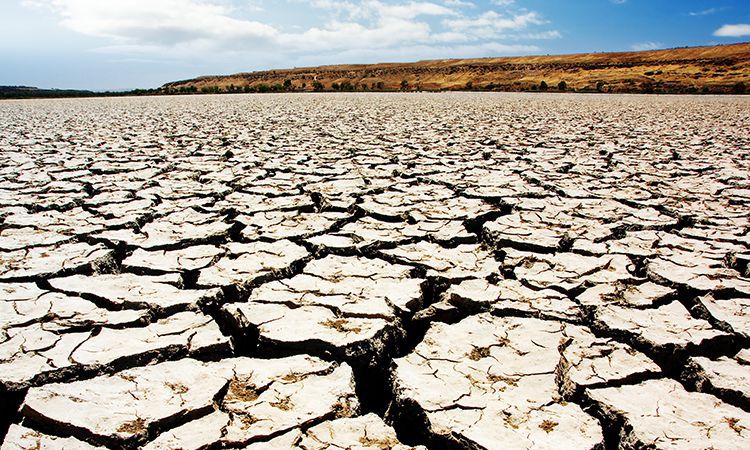
Developing products for use in drought monitoring
This project developed products such as indices for use in drought monitoring as a support tool to assist producers and other stakeholders to improve their climate risk management and capacity to prepare for and manage drought.
View PDF report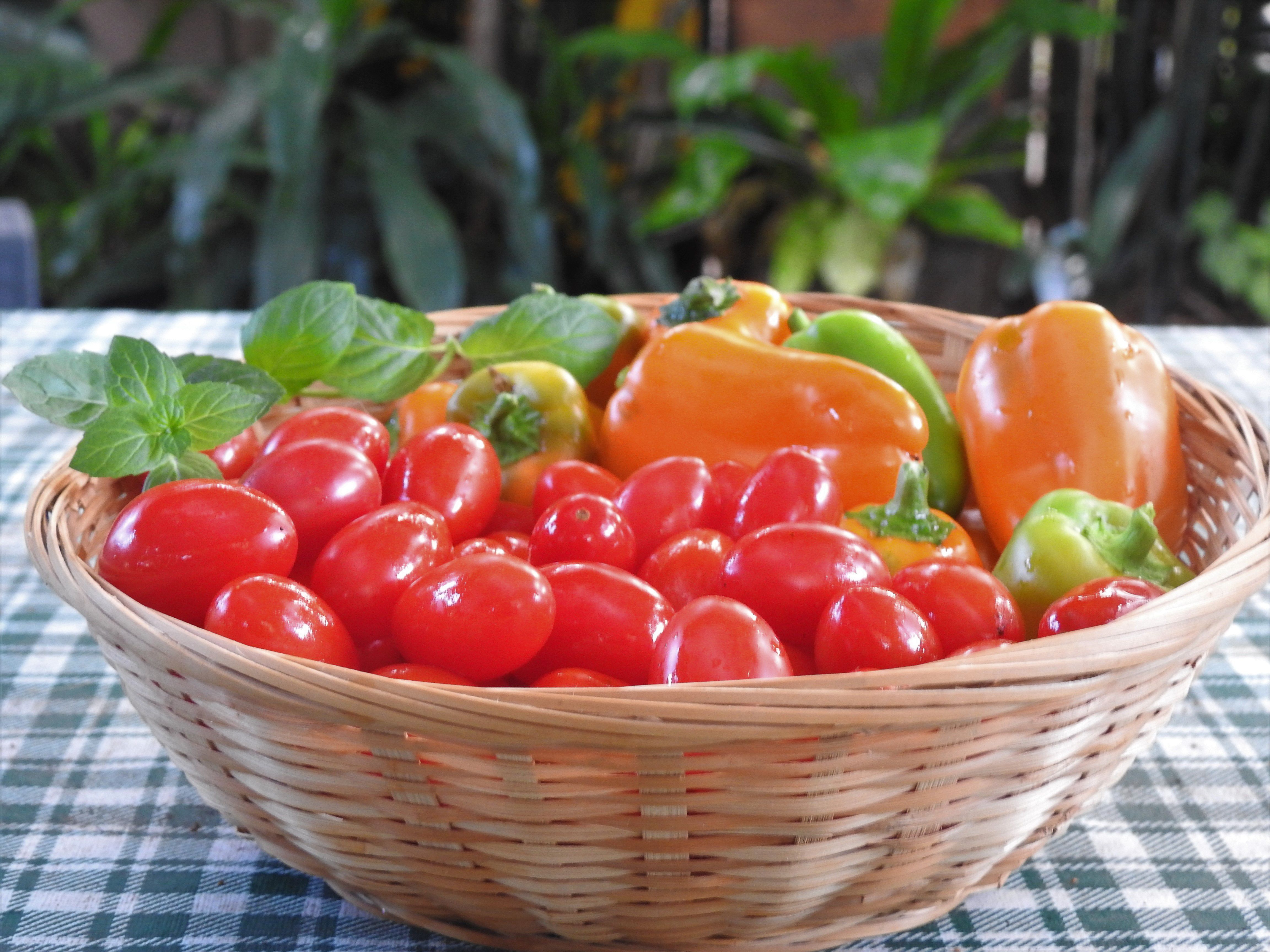
Improved crop yield and production forecasts (multi-crop models approach)
The aim of the project was to develop an operational integrated seasonal climate-crop modelling system for yield and production forecasting of major crops in Queensland (wheat, sorghum, sugarcane and cotton).
View PDF report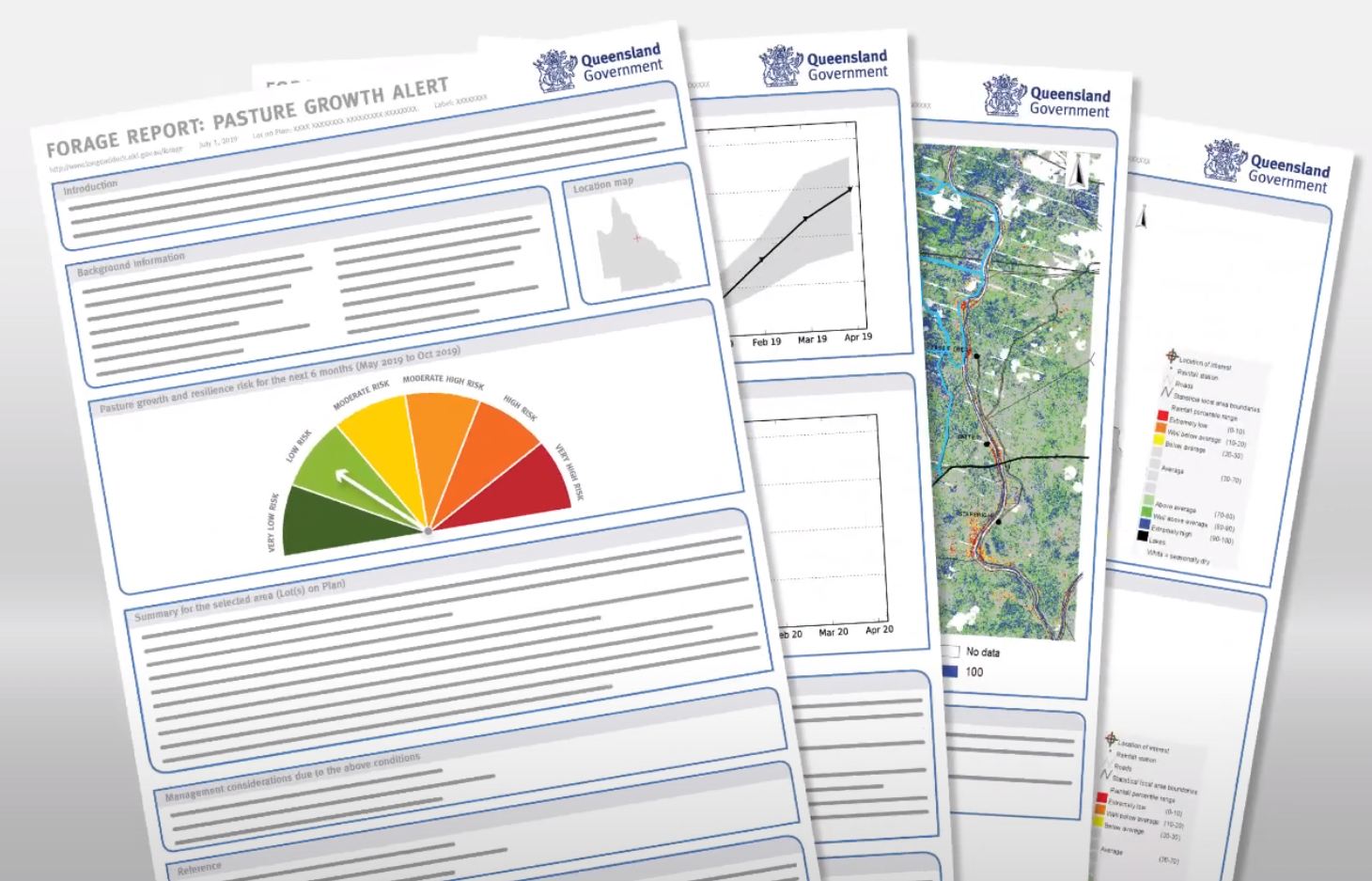
Customised Pasture Alerts by email
This project aimed to provide graziers with the critical information they need to be prepared for and manage the impacts of drought. The ‘Pasture Growth Alert’ is a property-scale report providing historical and future outlooks for rainfall and pasture growth to be delivered through the DSITI’s decision support system FORAGE.
View PDF report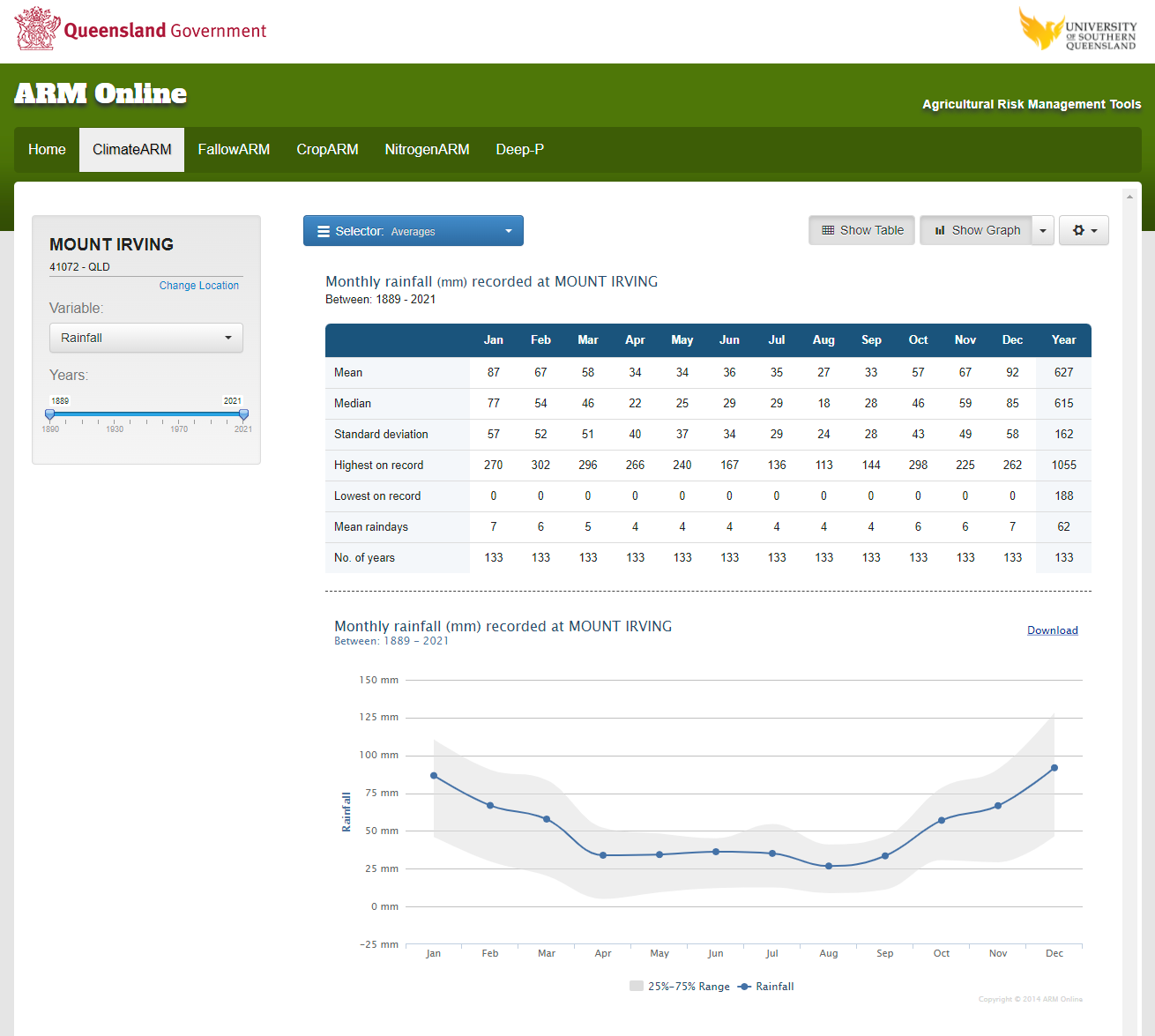
Developing and customising decision support tools
Four decision tools were customised and made applicable and available for a range of agricultural industries. These tools are Will it Rain? (WIR 4th Edition) in hard copy and on-line, BBSAFe on-line, Climate ARM on-line and a Crowd Sourced Rainfall Mapping tool on-line. View PDF report
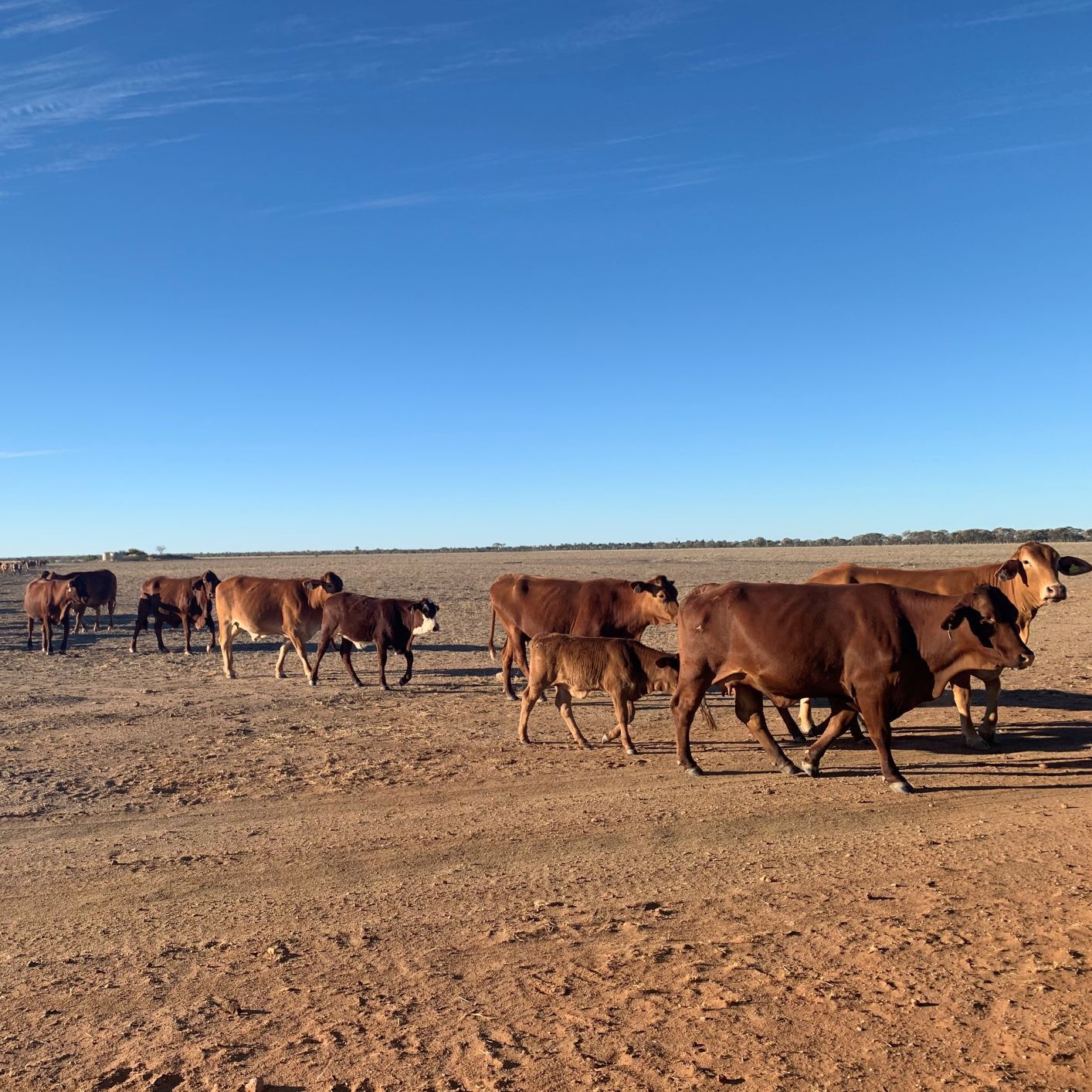
Improved business and drought resilience in Western Queensland
A series of Best Management Practice workshops were held in Western Queensland. Two consultants were engaged to carry out the workshops.
View PDF report
Communicating Climate Change impacts on Queensland’s agricultural sectors
This project delivered 4 industry Climate Risk Matrix workshops targeted at primary producers to communicate the risks of climate change and drought in particular, to develop adaptation pathways.
View PDF report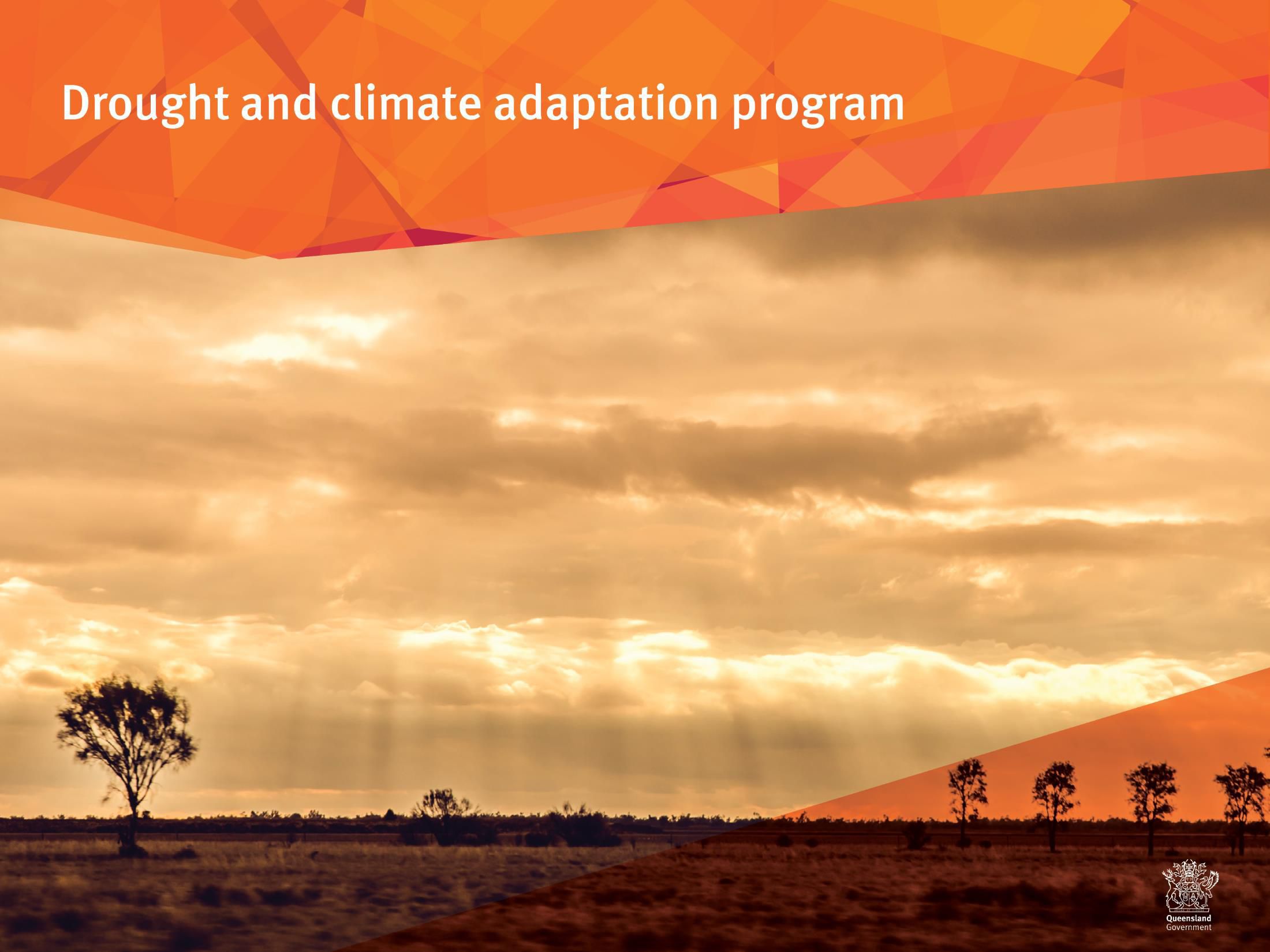
Managing for Climate Variability workshops
Nine Managing Climate Risk Workshops were conducted successfully under this project. The MFC workshops formed the basis of a process where producers were given the knowledge and understanding to integrate climate information into key management decisions by interpreting the current forecasts and integrating this into management decisions.
View PDF report
Crop production modelling under climate change and regional adaptation
The aim of this project was to provide a detailed biophysical and economic assessment of identified adaptation strategies, potential implications and adaptation potential under different climate change (CC) scenarios for the Queensland cropping industry.
View PDF report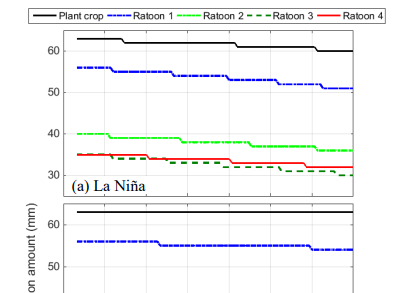
Economic value of SCF in agriculture
In this study, a bio-economic model of forecast use was developed which explicitly incorporates forecast uncertainty to test the value of seasonal climate forecasts in farm management decision making.
View PDF report
Learning from the past - incorporating palaeoclimate data into water security planning
The objective of this project was to (a) demonstrate palaeoclimate proxy approach in producing robust catchment statistics; (b) gain improved insights into the risk of hydroclimate extremes in South East Queensland (SEQ) for water security planning and (c) deliver recommendations to SEQ water managers to optimise hydroclimatic risk adaptation strategies and solutions.
View PDF report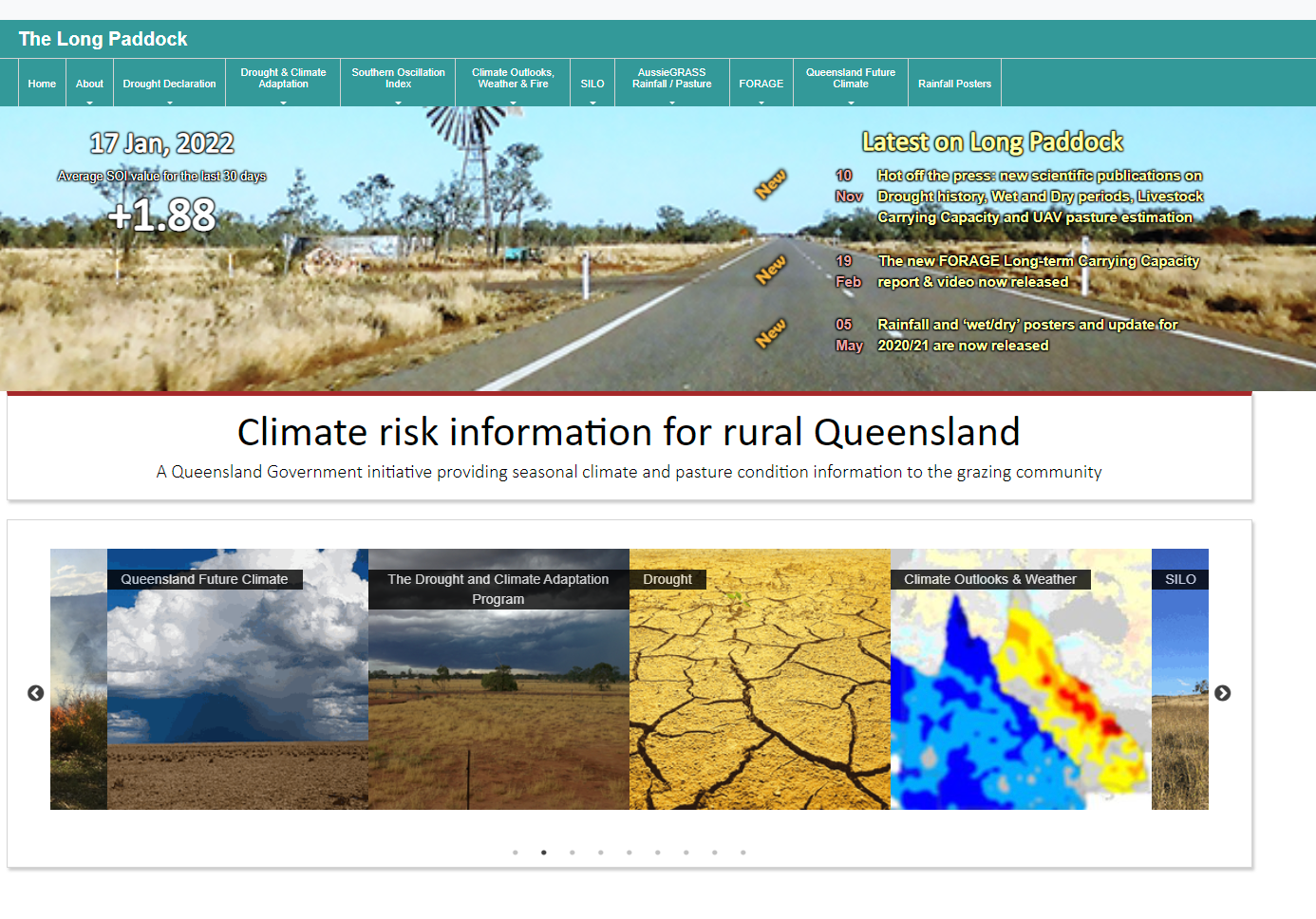
LongPaddock 2020 - Redevelopment by Transition to Cloud Computing (including FORAGE enhancements and project management
The aim of this project was to redevelop the LongPaddock website to a climate and decision support tool data service portal hosted on Amazon Web Services (AWS) which also included the development of spatial functionality for the FORAGE decision support tool.
View PDF report
EVI MODIS Predicting pasture production drought risk
This project quantified and mapped change in pasture productivity on grazing lands during drought using remote sensing technology, specifically the enhanced vegetation index (EVI), which measures change in green biomass.
View PDF report